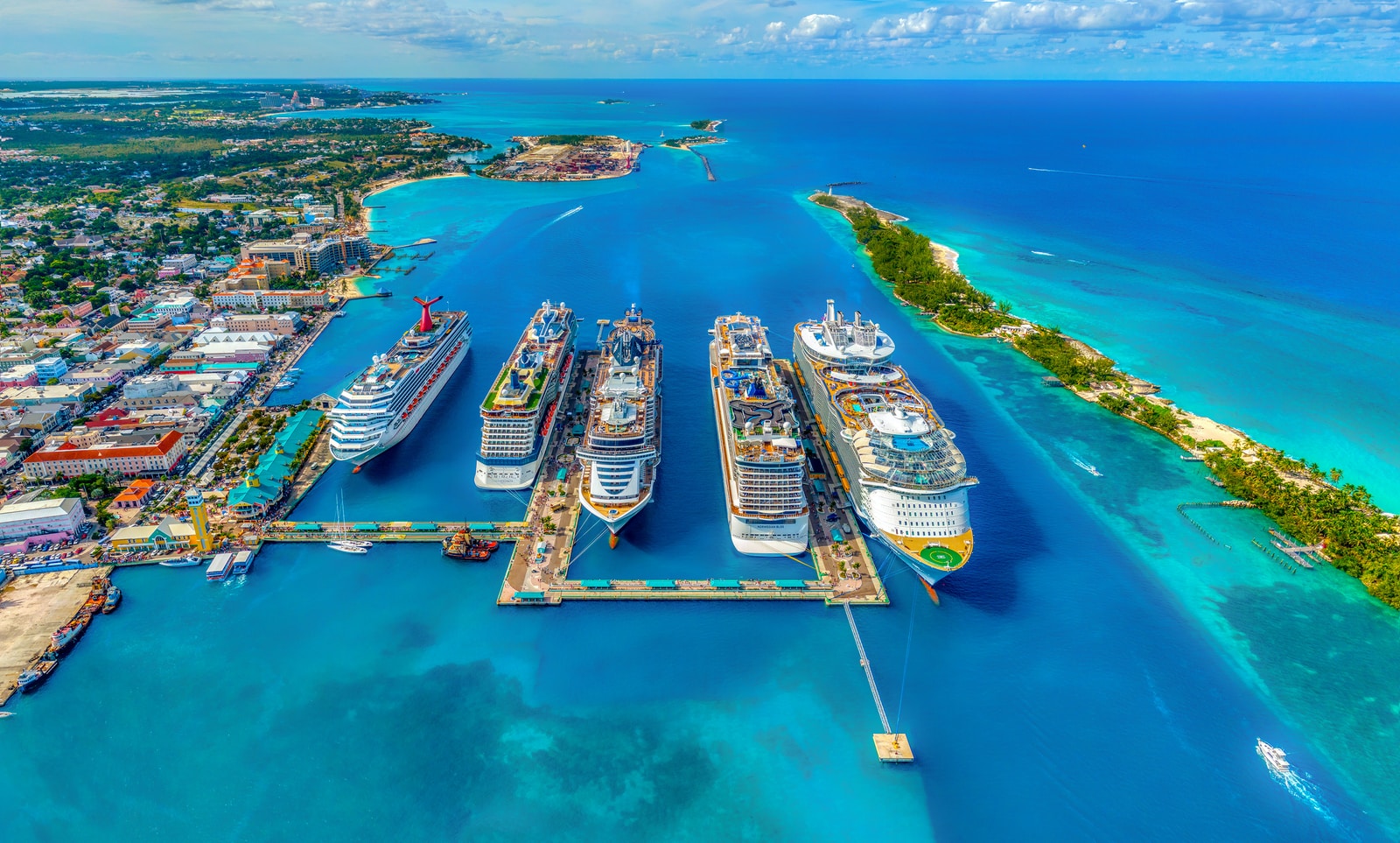The Bahamas has a sustainable future by Dr Adrian Fox
This week the Bahamas Maritime Authority (BMA) welcomed its first LNG-fuelled passenger ship, Mardi Gras, to the Flag. Mardi Gras, Carnival Cruise Lines’ newest ship, will be operating out of Port Canaveral with voyages to the Caribbean and will spend much of her time in the ports of The Bahamas, giving her passengers and crew (potentially totalling well over 7,000 people) the opportunity to explore the natural beauty of the islands and experience the renowned Bahamian hospitality.
Along with the new LNG technology, the ship features a number of other ground-breaking attractions and amenities for its shipboard customers, but it is its use of an alternative fuel source that will have one of the greatest impacts on the maritime environment as the ship will be the first LNG powered vessel to operate in North America.
The move to The Bahamas Maritime Authority makes business sense for a number of reasons. The Bahamas will be a frequent destination for Mardi Gras, and it is rewarding to see this new level of environmental sustainability to the many ports in The Bahamas and the Caribbean that the ship and its guests and crew will be visiting.
Liquefied Natural Gas (LNG) is much easier to transport and can be used as a portable fuel for ships or even trucks and cars. It is still a fossil fuel that produces carbon dioxide when burned, but advocates of LNG argue it’s less harmful to the environment than traditional marine fuels such as oil or diesel. LNG engine manufacturers say they produce up to 30% less carbon dioxide than diesel equivalents.
The development represents important progress for the Bahamas’ commitment to the International Maritime Authorities’ Sustainable Development Goals. As part of the United Nations family, the International Maritime Organisation (IMO) is actively working towards the 2030 Agenda for Sustainable Development and the associated SDGs. Indeed, most of the elements of the 2030 Agenda will only be realized with a sustainable transport sector supporting world trade and facilitating global economy.
The Sustainable Development Goals provide a blueprint for the transition to a healthier planet and a more just world — for present and future generations. With concrete targets, the Goals aim to end poverty and hunger, expand access to health, education, justice and jobs, promote inclusive and sustained economic growth, while protecting our planet from environmental degradation.
There is further encouraging news deriving from Bahamian waters on the sustainability front. The recent Blue Economy Think Tank, hosted by the Strategic Development and Initiatives Unit of the Bahamas Development Bank (BDB), outlined a number of important ways in which Bahamians can benefit from sustainable use of the country’s vast ocean resources.
The event’s overarching theme was “From Small Island State to Big Ocean Nation”, highlighting the fact that the nation’s islands are scattered over an enormous marine area. The Think Tank explored ways to make use of ocean resources in the areas of food, bio extractives, maritime industry and arts/culture and tourism.
Our country’s economic exclusion zone is 46 times the size of the entire Bahamas, which represents an enormous opportunity for revenue generation. As such, sustainable use of ocean resources in tandem with economic development is simply a must.
Among the uses of ocean resources is energy generation. There is a wealth of energy potential within Bahamian waters, a recent study highlighting that The Bahamas has the highest renewable energy potential in the region with the biggest opportunity coming from near-shore wind.
Moreover, given the Bahamian geography, pump storage hydro energy could provide sufficient power for the country to become a net exporter of energy. This sustainable energy technology could readily provide power and fresh water for agriculture and residential use in the capital and on the Family Islands.
Despite our country’s energy potential however, high energy costs will be a major challenge for commercial ventures like aquaculture development. Progress is never only plain sailing however, but it is clear from such findings and developments that we’re on the right path.

